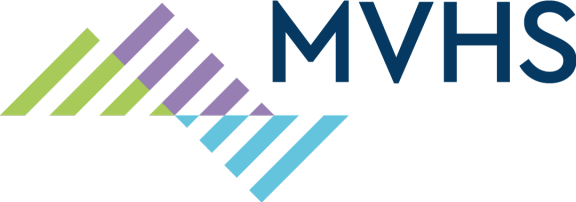Block Schedule
Our training schedule, rotations and curriculum have been designed to meet the CPME accreditation standards and utilize the clinical strengths of the hospital faculty to produce quality trained podiatric physicians.
PGY1 (12 months) and PGY2 (first 6 months)
The first 18 months of training consists of a rotating medical and surgical internship designed to prepare the new podiatric graduate with the knowledge and skills to care for the general medical/surgical and hospitalized patient. Rotations include:
PGY-1 | |
July | Medical Imaging (MSK) |
August | Pathology |
September | Family Medicine (out-patient) |
October | Pharmacy |
November | Wound Care |
December | Diabetes/Endocrinology (out-patient/office) |
January | Behavioral Medicine |
February | Dermatology |
March | Anesthesiology |
April | Family Medicine (in-patient) |
May | General Surgery |
June | Emergency Medicine |
N.B. Podiatry OPD clinic every Wednesday, except during the following block
rotations: Family Medicine (op & ip) & General Surgery
PGY-2 | |
July | Infectious Disease |
August | Internal Medicine (in-patient) |
September | Pediatrics |
October | Geriatrics |
November | Orthopedic Surgery |
December | Vascular Surgery |
N.B. Podiatry OPD clinic every Wednesday except during the following block
rotations: Internal Medicine, Orthopedic Surgery 8 Vascular Surgery
PGY2 (last 6 months) and PGY3 (12 months)
The last 18 months of training are devoted to the development of clinical (out-patient) and surgical (out-patient and in-patient) knowledge and skills. This includes surgical training in general foot & ankle surgery, diabetic foot surgery, foot & ankle trauma and reconstructive foot & ankle surgery – within the disciplines of podiatry, orthopedics and plastic surgery.
PGY-2 | |
January 1 – June 30: | Podiatric Medicine – Podiatry OPD Clinic (includes ‘shared’ weekends ‘on call’) |
January 1 – June 30: | Podiatric (F&A) Surgery* – @ sponsoring institution & affiliate institutions (includes ‘shared’ weekends ‘on call’) * 2nd assist w/ PGY-III or 1st assist as assigned |
PGY-3 | |
July – April & June | Podiatric Medicine – Podiatry OPD Clinic (includes ‘shared’ weekends ‘on call’) |
July – April & June | Podiatric (F&A) Surgery* – @ sponsoring institution & affiliate institutions (includes ‘shared’ weekends ‘on call’) * 1st assist on ALL procedures |
May | Away Elective (TBD) |
N.B. Semester – Fall: Clinical Research course (Utica University)
Didactics
Residents participate in podiatric and non-podiatric medical & surgical didactic activities throughout their training including: Journal Club, lectures (including Present & APMA Residency Education Resource Center), workshops, conferences, rounds, morning report and regional academic programs. Activities include:
LECTURES
- Present Online Courseware
- Resident Education Resource Center
- Podiatry Faculty
- Family Medicine Faculty
- Non-podiatry medical & surgical rotations
- Guest Lecturers
- NYS Podiatric Medical Society Clinical Conference (annual)
JOURNAL CLUB (monthly)
- Podiatry
- Family Medicine (quarterly – F&A topic)
WORKSHOPS
- Podiatry Faculty
- Family Medicine Faculty (quarterly – F&A topic)
- New instrumentation or equipment
- Attend annual ‘Podiatric Residency Education Summit’
MISCELLANEOUS
- Participate in ACFAS Scientific Literature Review (SLR) annually
Scholarly Activity
Residents are required to complete a scholarly project during their training, as well as a quality improvement initiative. While St Elizabeth does not participate in any clinical or bench research, this scholarly project may consist of an original paper, a scholarly case report, a community-based project or an educational curriculum. Residents will present their findings to their peers during Grand Rounds.
All PGY-3 Podiatry Residents will be required to take a Clinical Research course at Utica University and submit a research proposal prior to completion of his/her training.

